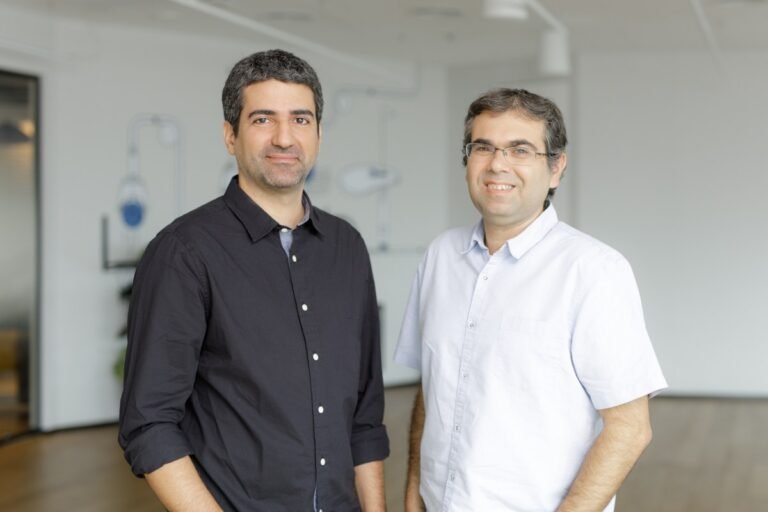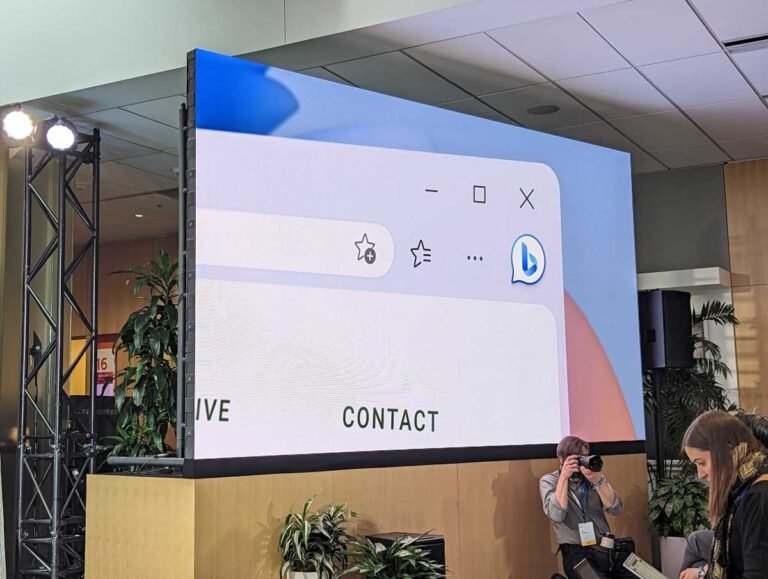
SiMa.ai, named after Seema, the Hindi word for “boundary,” strives to leverage this shift by offering its edge AI SoC to organizations across industrial manufacturing, retail, aerospace, defense, agriculture and healthcare sectors.
As the demand for GenAI is growing, SiMa.ai is set to introduce its second-generation ML SoC in the first quarter of 2025 with an emphasis on providing its customers with multimodal GenAI capability.
The new SoC will be an “evolutionary change” over its predecessor with “a few architectural tunings” over the existing ML chipset, Rangasayee said.
It would work as a single-edge platform for all AI across computer vision, transformers and multimodal GenAI, the startup said.
The second-generation chipset will be based on TSMC’s 6nm process technology and include Synopsys EV74 embedded vision processors for pre- and post-processing in computer vision applications.

The funding climate for AI chip startups, once as sunny as a mid-July day, is beginning to cloud over as Nvidia asserts its dominance.
AI chip company Mythic ran out of cash in 2022 and was nearly forced to halt operations, while Graphcore, a once-well-capitalized rival, now faces mounting losses.
But one startup appears to have found success in the ultra-competitive — and increasingly crowded — AI chip space.
“I co-founded Hailo with the mission to make high-performance AI available at scale outside the realm of data centers,” Danon told TechCrunch.
“In recent years, we’ve seen a surge in demand for edge AI applications in most industries ranging from airport security to food packaging,” he said.

Maybe it’s no surprise that IO River was launched by two industry veterans.
Co-founders Edward Tsinovoi (CEO) and Michael Hakimi (CTO) worked together for over a decade, including at Akamai’s Tel Aviv office, before founding IO River in late 2022 and participating in the Intel Ignite accelerator program.
All of this is relatively straightforward and for the basic functionality all CDNs have in common (think redirecting URLs, for example), IO River can tap into their native APIs.
CDN services aren’t exactly meant to work together, after all, so there is not a lot of common ground.
What IO River does is provide its own application services like a web application firewall, rate limiting and origin load balancing.

To coincide with the National Retailer Association’s annual conference in NYC, Google Cloud today unveiled new gen AI products designed to help retailers personalize their online shopping experiences and streamline their back-office operations.
But the slew of announcements show, if nothing else, how aggressively Google is attempting to court gen AI customers.
(Google’s long offered Distributed Cloud Edge as a service, but it’s now targeting retailers more directly.)
My question after being pre-briefed on all this was, frankly, are retailers really clamoring for gen AI?
But considering some of the rocky rollouts of gen AI in retail recently (see: Amazon’s review summaries exaggerating negative feedback), I can’t say I’m convinced that the retail industry will rush to adopt gen AI en masse — from Google Cloud or any other provider.

Microsoft’s Edge browser now includes Bing’s AI chatbot in a sidebar, which can be used to interact with the bot and learn more about it. Edge Copilot is a feature…








